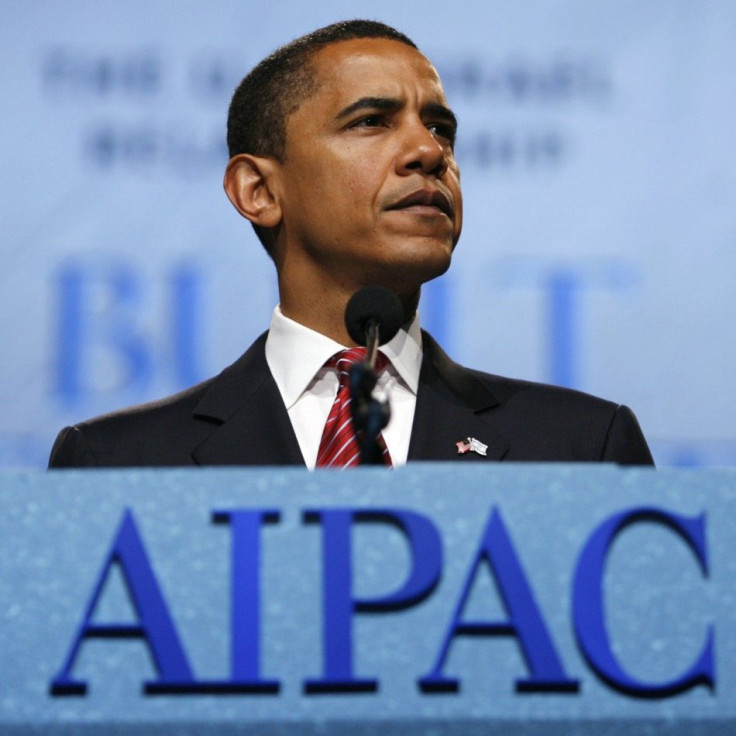The Absurdity of Political And Ideological Labels
OPINION

During the current U.S. presidential campaign season, we are constantly bombarded by such terms as “conservative” and “liberal” as catch-all words to describe a politician's (or anyone’s) political beliefs and philosophies.
However, these labels have become so over-used that I frankly must admit I have no idea what they even mean anymore.
Most people (including lawmakers) have a very complex outlook on life, dictated by such factors as one’s upbringing, background, economic status and personal experiences. Thus, it is impossible to pigeonhole people by ideology and assign some arbitrary tag to define the entirety of their being.
Dividing people into camps called “liberal” and ”conservative” makes no sense, and, I suspect, even cheapens and harms civil dialogue and also hurts the quality of political candidates we get.
The media uses these terms excessively, but I can understand why. Calling Barack Obama a “liberal” is an easy and quick way to classify and “define” the President and perhaps presume to dictate what his views are on a whole range of topics. Similarly, calling , say, Rick Santorum a “conservative” fulfills the same purpose.
But people are far more complex than that.
As best as I can ascertain, a “conservative” is someone who prefers changes to come slowly and gradually, so as not to disrupt the peace and order of society. Contrarily, a “liberal” is someone who wishes for more rapid changes, often pushed by government policy.
I think that’s basically the fundamental difference.
But, in our haste to classify people, we have over-simplified things to such a grotesque degree that we have clouded the fact that each issue we have to face is completely unique and demand singular responses.
We are also doing a disservice to people (and politicians) by narrowly defining who and what they are.
For example, consider me. On the one hand, I believe that the United States should have a strong military; I support the death penalty in cases where children are the victims of rape and/or murder; I generally dislike abortion; and I think that parents should have the right to “home school” their children if they feel the local public educational facilities are sub-standard. These factors would, I guess, make me a “conservative.”
On the other hand, I think that the poor and indigent should receive enough state financial support to keep them clothed, fed and sheltered until they can find work; I think that the “permanent underclass” should receive food stamps indefinitely, given the high price of food; I believe that college education should be completely free for the most gifted and motivated students (regardless of income); I believe the children of illegal immigrants should be able to go to school and receive government aid; and I think marijuana should be legalized immediately in order to take the drug trade away from the hands of criminals. These latter items would tend to make me a “liberal.”
So, what does all this make me? A liberal? A conservative? A moderate? A Communist? A Fascist? A combination thereof?
Actually, none of these things, rather they make me a complex (perhaps even self-contradictory) human being who has been exposed to many different things and people in my life -- just like you and Obama and Santorum and almost everybody else on the planet.
In a similar vein, I know people who would otherwise describe themselves as “liberals” who believe in deporting illegal aliens and want the police to have expanded powers to crack down on crime. Similarly, I have known “conservatives” who support gay rights, abortion and extension of unemployment benefits.
Now take the case of Newt Gingrich, the former House Speaker and current Republican Presidential candidate. He has been regarded as a “hard-core conservative” because he espouses a strong defense, limited government, lower taxes, a crackdown on illegal immigration, etc. Okay, on these counts, I can understand the “conservative” label.
But when you look at his personal life, one finds a cesspool of adultery, cheating and questionable ethics – behavior that many so-called “conservative” people would find appalling (as would many liberals, although they would point more to Gingrich’s hypocrisy, rather than on his absolute moral failings).
So, here we must introduce the concept of “social conservative,” which makes the whole discussion that much more complicated.
As for the “liberal” Obama, he opposes same-sex marriage and gladly took huge campaign contributions from elite Wall Street firms like Goldman Sachs during the 2008 election. How “liberal” is that?
Similarly, former President Richard Nixon, the “staunch conservative,” opened up diplomatic relations with Communist China; put an end to segregated classrooms in the South; enacted a series of environmental laws (including the formation of the Environmental Protection Agency); implemented Equal Opportunity Employment; and entered into treaties with the Soviet Union to limit strategic nuclear weapons, among other measures. How “conservative” was he really?
Of course, in order to reach the highest levels of political office, one has to be pragmatic and make some serious compromises in order to appeal to the broadest possible constituency in a country as large as the United States.
Despite this need for expediency, I really don’t think that most politicians are “compromising” their beliefs all that much – any intelligent, thinking person knows that adhering to one rigid ideology is neither possible nor desirable.
© Copyright IBTimes 2025. All rights reserved.





















